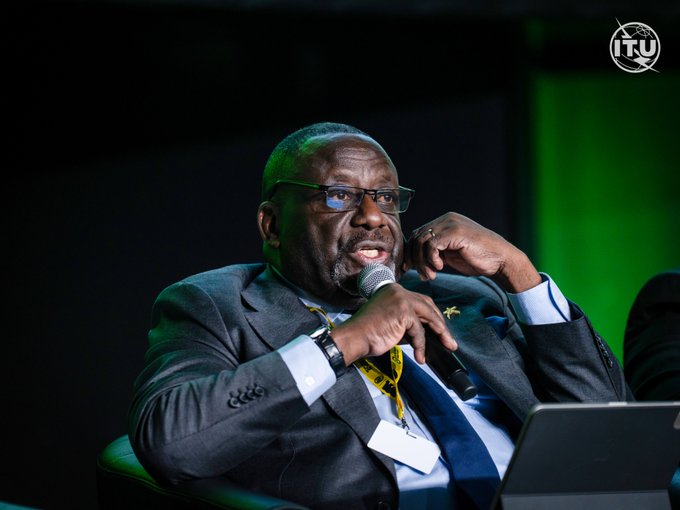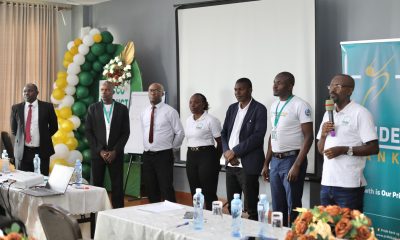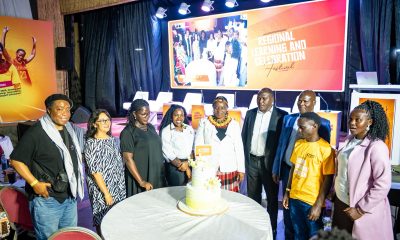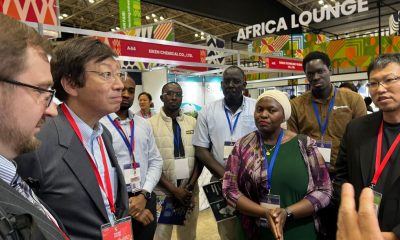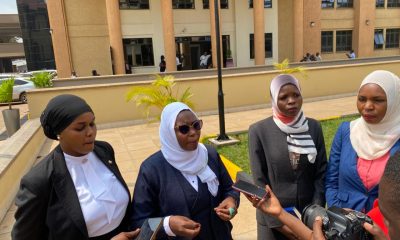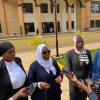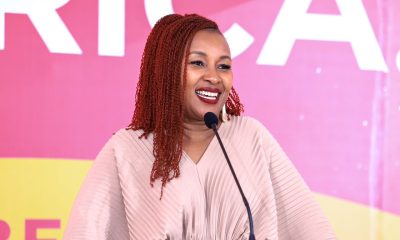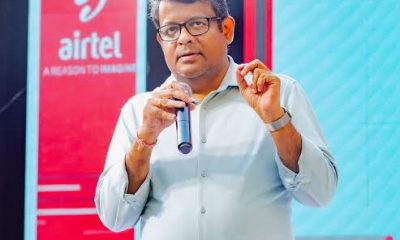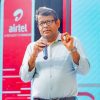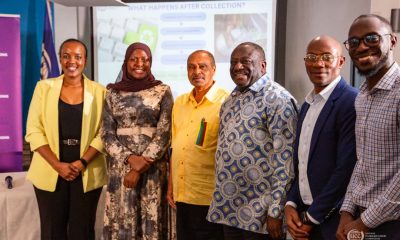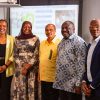Tech and Communication
UCC Seeks Collaboration with UPDF to Train Journalists in Kyankwanzi
The Executive Director of the Uganda Communications Commission (UCC), Mr. Nyombi Thembo, has called on the Chief of Defence Forces (CDF), Gen. Muhoozi Kainerugaba, to expedite plans for a specialised training programme for journalists at the National Leadership Institute (NALI) in Kyankwanzi.
The initiative, according to Nyombi, is designed to strengthen the media’s role in advancing Uganda’s national development agenda. It seeks to equip journalists with a deeper appreciation of national priorities, while promoting responsible reporting that balances freedom of expression with the safeguarding of national interests.
Speaking during a meeting with broadcasters in Kampala on Friday, Nyombi underscored the strategic importance of media in shaping Uganda’s development narrative.
“Journalists are not just reporters of events; they are critical partners in nation-building. This training will provide them with a better understanding of our shared priorities as a country, while also enhancing their professional growth and sense of patriotism,” Nyombi said.
The proposal comes at a time when the Ugandan media sector is grappling with challenges of misinformation, digital disruption, and increased public scrutiny over editorial independence. By situating the training in Kyankwanzi—an institution long associated with leadership and ideological orientation—the programme is expected to offer participants insights into national policies, governance, and the responsibilities of a free but accountable press.
However, the announcement has sparked wide debate within media circles. Supporters of the plan describe it as a timely intervention that could professionalise journalism further and align media work with national priorities. They argue that equipping journalists with ideological grounding and knowledge of state policies could improve the accuracy, depth, and constructiveness of reporting.
On the other hand, critics have raised concerns about potential encroachments on editorial independence. They question whether training in an environment known for political orientation could inadvertently blur the line between objective reporting and state influence.
“The media’s duty is to hold power to account. Any training should empower us to do so independently, not compromise our role as watchdogs of society,” one senior journalist who preferred anonymity observed.
Kyankwanzi, historically used for leadership training of public servants, political leaders, and security officers, is seen by proponents as an ideal venue to instil national values, unity, and a sense of responsibility in journalists. Yet its strong political associations continue to fuel scepticism among sections of the public and media fraternity.
As Uganda’s media landscape continues to evolve—shaped by digital platforms, citizen journalism, and shifting audience demands—the proposed training raises key questions about the future role of journalism in Uganda’s socio-economic and political development.
Whether the initiative emerges as a platform for empowering journalists with knowledge and resilience, or as a flashpoint for debates over press freedom, remains to be seen. For now, Nyombi’s call for collaboration between UCC and the UPDF places the media once again at the heart of Uganda’s development agenda—and at the center of national discourse on freedom, responsibility, and patriotism.
Comments



